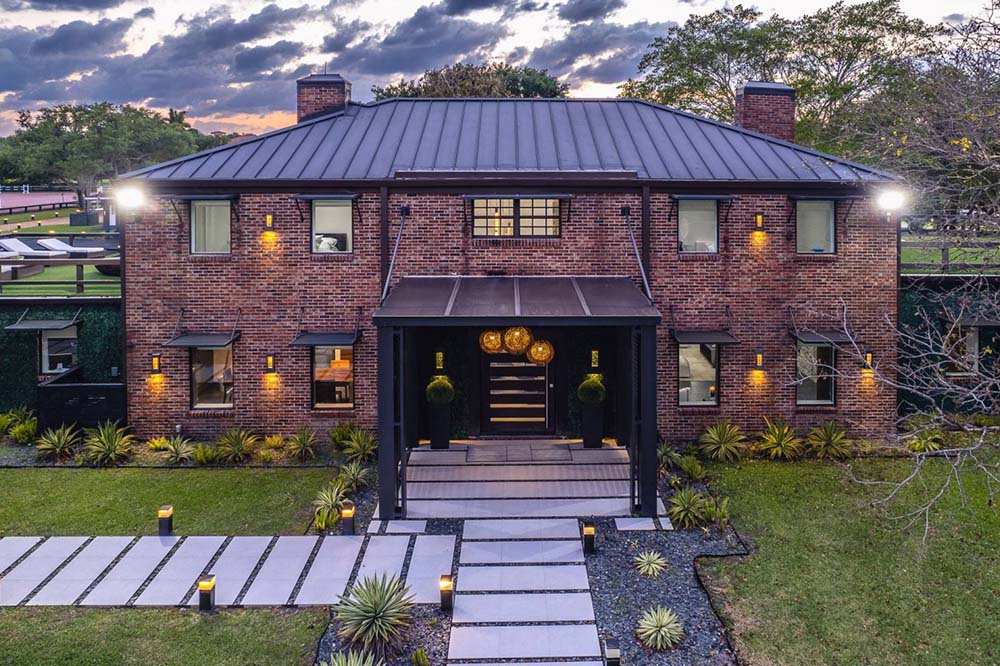When looking to buy your first house, there are plenty problems that will be immediately apparent. Challenges to your budget can complicate things, rates can change unexpectedly, and that’s all before any alterations and renovations you might make to the property itself. With this in mind, it makes sense to keep your overhead costs – those variables that change as required – to a minimum. But how?
Know When You Need Help
As a first-time buyer, you simply won’t have the knowledge that comes from hard-won experience in property investment, and this can cost you. Some people are lucky enough to have family members and friends with first-hand knowledge of the field. For those who do not, looking into affordable property management can save you in the long run. It gives you access to a team of experts, with a skill set that comes with experience and training, who have a vested interest in maintaining their reputation by keeping things as affordable as they can for their clients. Looking at how much money a poorly managed property can end up costing you, it makes sense to get help keeping things under control.
Think About Your Resources
This extends far beyond your bank account and loan eligibility. There are simple jobs when setting up a new home that you can manage yourself, and therefore cut out the cost of contractors. It doesn’t all have to be self-driven either. Look at your friendship circle and see what it is they can offer, and what they are willing to do to help. Sometimes hiring basic equipment for a few days will save you time.
If there are rooms that need painting, why not have some friends around for some drinks and some help? If your friends have skills or knowledge that will help you, there’s no shame in reaching out. Hosting a dinner party or barbeque is still significantly cheaper than hiring a concreter to lay the foundation for your new gazebo. This has the added benefit of timeliness. If you are in charge of scheduling, then you needn’t worry about coordinating multiple contractors around your property.
Consider Sub-Letting
Even if you have all the projected expenses covered easily, it might be in your interest to get in other people to help deal with unexpected expenses. Subletting a room or two – or a granny flat, if you’re so lucky – can help put a buffer between you and overhead expenses.
Keep in mind that this doesn’t have to be a permanent arrangement. Housing students, or travellers, or other transient individuals means that you can simply stop offering the space when you’re ready. It makes a lot of sense in the short term, until you have a better understanding of how things work. It gives you the chance to develop lived experience with owning a property, while negating some of the risk involved.
Stay informed
As in everything, information is the most valuable thing you can have. Make sure you have information on the history of the property. Look at any problems it may have had in the past, and pay special attention to how they were solved. If previous owners went for a quick fix, it’s possible that this will end up costing you when things wear out or break down.
Buying your first home, can be a risky venture. While property investment is still considered relatively safe in the long-term, there is simply no way to predict future costs with complete accuracy. The best thing you can do for yourself is to keep a financial buffer between you and unforeseen circumstances that can crop up without notice.



